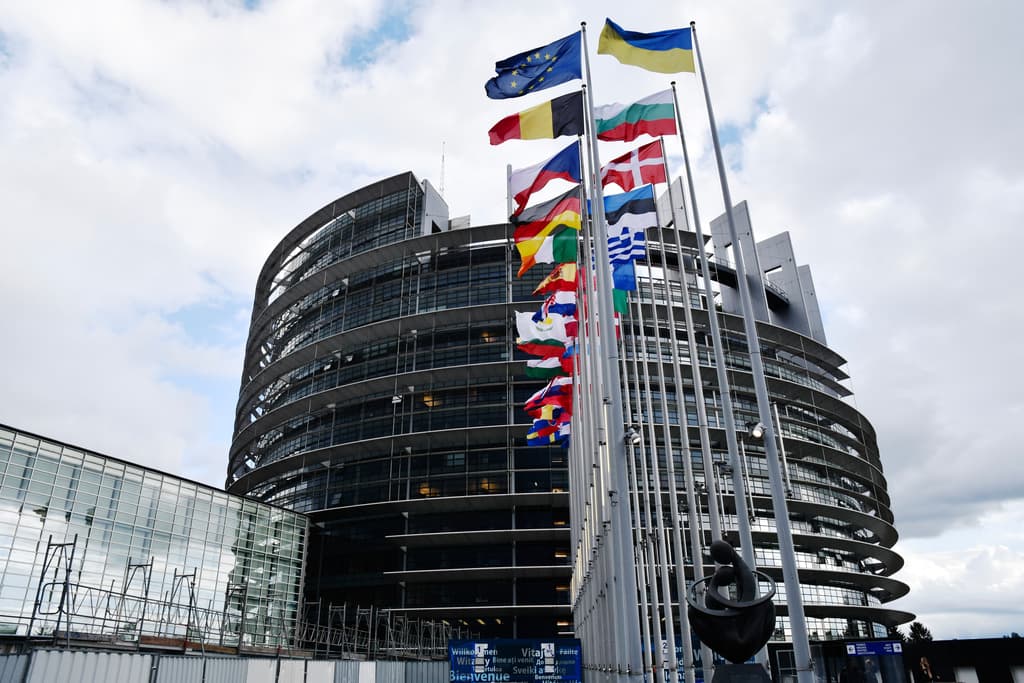The Government is backing the controversial EU proposal known as "chat control", aimed at preventing child abuse.
The proposal has now received broad support from Swedish parties – after its content was revised.
"We now believe that important steps have been taken," writes Justice Minister Gunnar Strömmer (The Moderate Party) to TT.
The legislative proposal received support from all parties in the Justice Committee on Tuesday, with the exception of the Centre Party and the Sweden Democrats – and will now be processed at EU level, as also noted by journalist Emanuel Karlsten on his blog.
The proposal – which critics have dubbed "chat control" – was presented in 2022 by Swedish EU Commissioner Ylva Johansson, and deals with how online giants should act against abusive material on the internet.
Critics have accused the proposal of going too far in monitoring content, including in chats, and of giving authorities too much power to monitor people's private conversations.
"Ready to take the next step"
Following criticism, parts of the proposal's content have been revised, which has contributed to the Government's support. Justice Minister Gunnar Strömmer (The Moderate Party) believes that the revised proposal better protects individuals' integrity and legal security.
"We now believe that important steps have been taken in that direction. The Government is therefore ready to take the next step and let the Council and Parliament begin negotiations", writes Strömmer in a comment to TT.
The revised proposal includes, among other things, increased opportunities for users to give consent, according to the Government. Tracking is also said to be limited to images, videos, and links.
C: "That's where we draw the line"
Ulrika Liljeberg, legal policy spokesperson for the Centre Party, was one of those who voted against the proposal in the Justice Committee. She does not believe that the proposal has been revised sufficiently from its original form – although she sees it as important to prevent the spread of child pornography.
What we weigh that interest against is that many individuals need to have access to encrypted communication services. For example, vulnerable people and democracy movements, says Ulrika Liljeberg.
Breaking encryption, that's where we draw the line. We don't see that it's ensured that it won't be done with the current proposal.
The proposal will now be processed in the EU. Afterwards, the Council of Ministers will negotiate the proposal with the newly elected EU Parliament.






